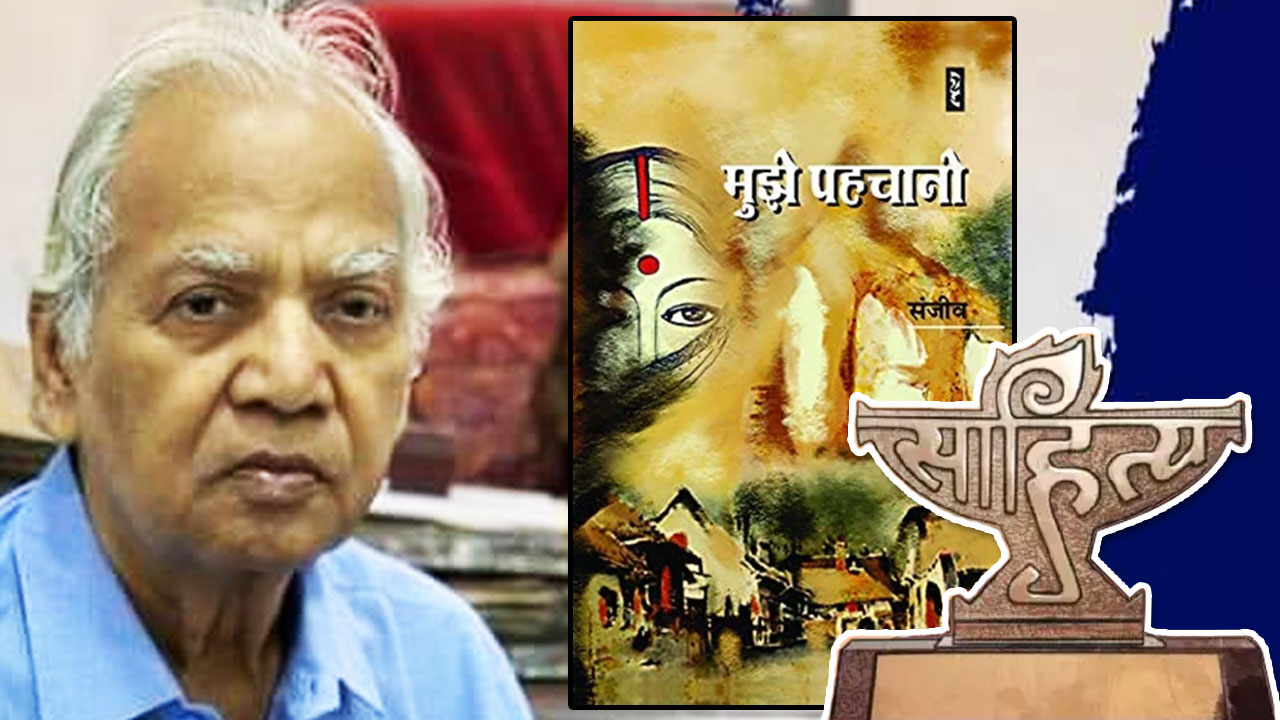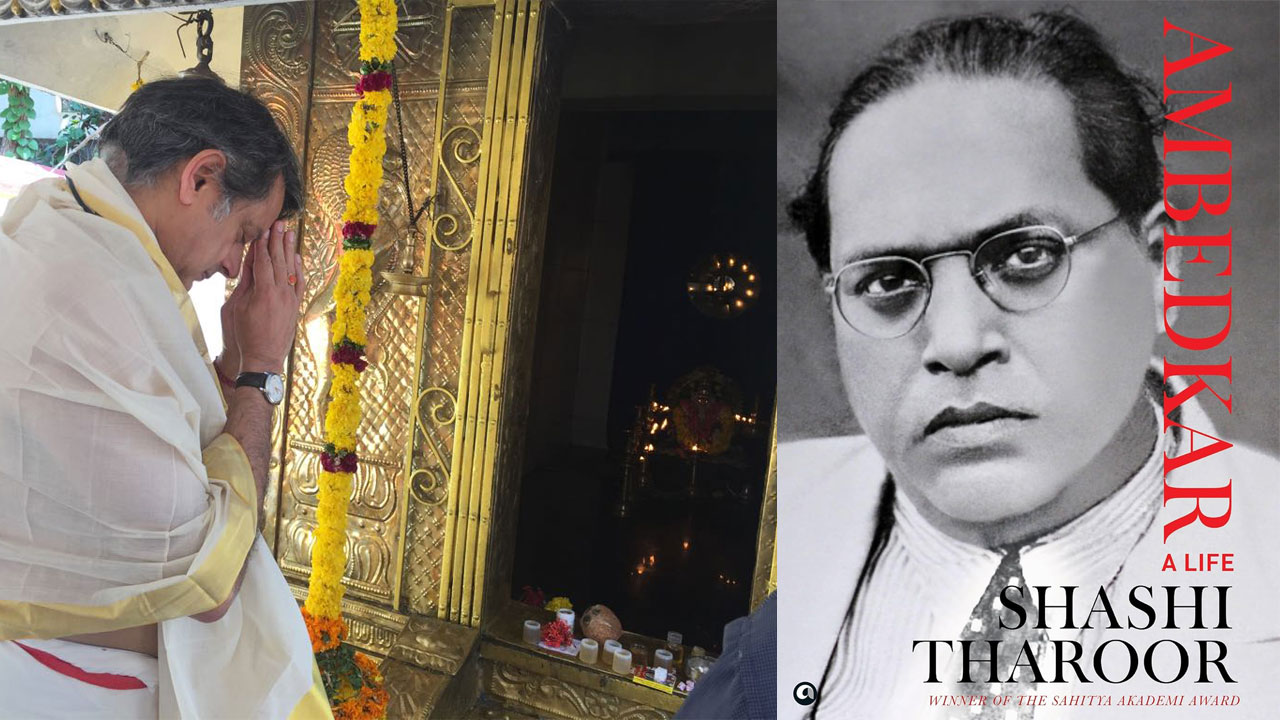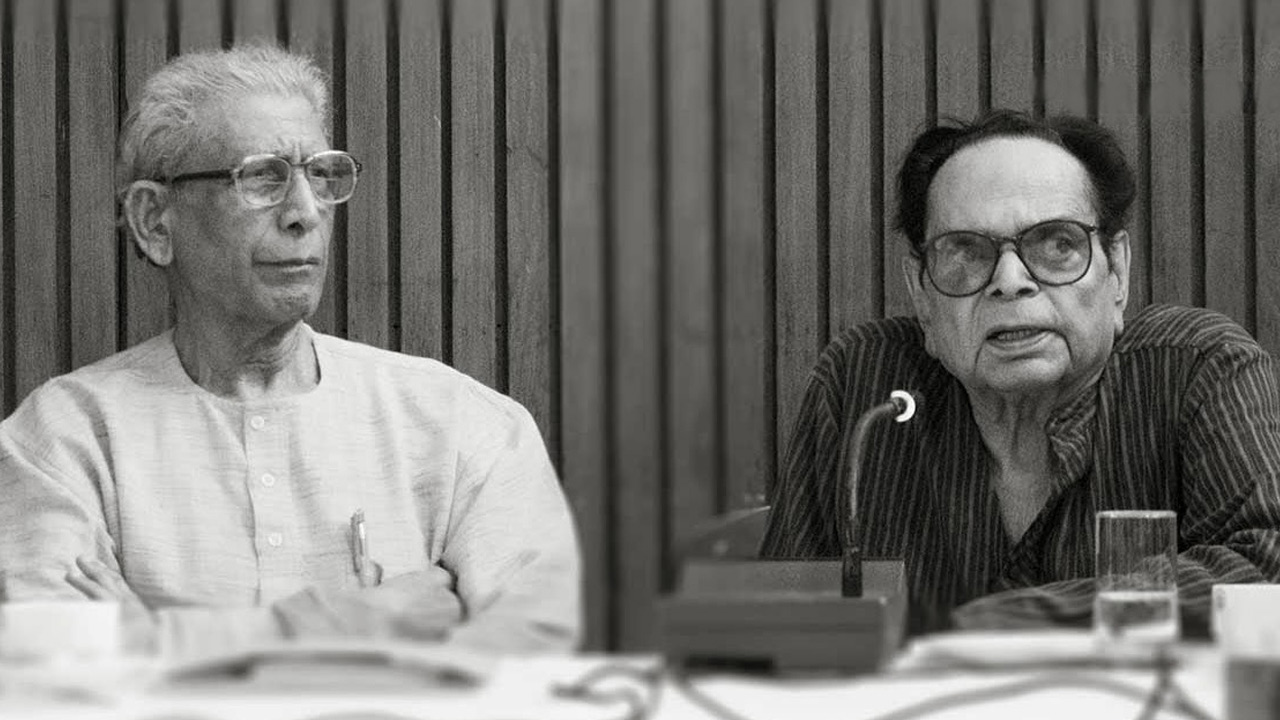The death of Rajendra Yadav was a huge loss to the world of literature. The writer of short stories, novelist and also the editor of the literary magazine Hans, Yadav was one of the founders of the ‘Nayi Kahani’ movement. Besides Hans, his participation in literary-cultural events in India and abroad and his insightful interventions in discourses on women and Dalits kept Yadav constantly in the limelight.The new generation of writers found in him a great friend and till he passed away, young authors pounced on an opportunity to interact with him. I was also one of them, and after I shifted base to Delhi, Rajendra Yadav was one of the first people I met. While pursuing a postgraduate degree in journalism in the capital, I worked for the Hindi daily Lokmat Samachar. After I joined FORWARD Press in 2013, I got to meet Yadav many times.
While these meetings were very formal, his easy-going nature allowed me to open up to him and, on occasions, even argue with him.
After going through the FORWARD Press Bahujan Literature Annual published in April 2013, many questions and doubts arose in my mind. Somehow, I felt that only Rajendra Yadav could answer my questions. My doubts mainly pertained to the concept of Bahujan literature as propounded by FORWARD Press. Prior to that, FP Editorin- Chief Ivan Kostka and then Editor (Hindi) Pramod Ranjan had interviewed Yadav for the August and September 2011 issues of the magazine. But I was not satisfied with his answers in that interview.
So, one morning, I reached the Daryaganj office of Hans to talk to him about OBC literature. After an exchange of pleasantries, the discussion began in earnest:
Sir, how to you see OBC literature?
I don’t think any concept of OBC literature exists or has come to the fore.
When you accept the existence of Dalit literature, why are you not ready to concede that there is also OBC literature?
Dalit literature is an expression of the pain of the sociopolitical realities of those communities.
You have turned Hans into a veritable platform for debate and discussion on Dalit literature. But you are depriving the OBCs of a similar right.
I have no hesitation in saying that in the last 25 years, the best stories written in the Hindi belt were published only in Hans. I am not given to unwarranted humility and I can proudly say that at least 80 per cent of the best Hindi stories were carried in Hans. If you consider Hans a platform for discourse and discussion on the contemporary literary scene, I have no problem. If you want a similar discourse and discussion to be launched vis-à-vis OBCs, first let me know what the concept of OBC is.
Sir, the Mandal Commission bunched together backward communities and named them Other Backward Classes. The people of these communities want to express their pain but you are opposing them.
Listen, the first thing is that I am not opposing anything. Bhai, I am only saying that, first, let the OBCs put forth their views in a comprehensive manner. Let them bring forward their thinkers. When they have no thinkers, how can there be any thought?
You are also an OBC. Why did you not work in this direction?
See, I am telling you again. In my time, there was nothing like OBC literature. So how could I have worked on it?
If you are an OBC, why don’t you want to call yourself an OBC writer?
I do not intend to confine myself to the limited circle of OBCs.
You talk about Dalit thinkers but you cannot see any thinker among
the OBCs?
Dalits have Ambedkar, Achootanand and Phule. Whom do OBCs
have?
But Phule came from OBCs …
At that time, there was nothing like OBCs.
But today, OBCs do exist and you are one of them.
This is not my time. This is the time of people like you. What you will
do now, will take you forward.
But you are not ready to provide a base to people like us.
In my time, there was no OBC discourse in literature. If you say there is such a discourse now, work on it.
Will you help us?
Once you’ve worked at it honestly and logically and put forward your
thinkers, then, if you need my help at some point in time, let me know.
I will help you.
But you are not helping us now.
Please try to understand what I am saying. In our times, literature was not partitioned in this manner. We fought for our identity within the literary mainstream. If you want to carve out a separate identity for yourself, go ahead, write on it. I am with you. I want to bring new thoughts to the fore. This is something new for me. If you succeed in your endeavour, we will see. We will give whatever help you require.
With these morale-boosting words, he made it clear that my time was up.
On 9 October 2013, when Navneet Yadav phoned from Katihar to inform me about Rajendra Yadav’s death, it came as a big shock. For a moment it seemed as if my world had collapsed.
Published in the May 2014 issue of the Forward Press magazine
Based in New Delhi, India, ForwardPress.in and Forward Press Books shed light on the widespread problems as well as the finer aspects of Bahujan (Dalit, OBC, Adivasi, Nomadic, Pasmanda) society, literature, culture and politics. Next on the publication schedule is a book on Dr Ambedkar’s multifaceted personality. To book a copy in advance, contact The Marginalised Prakashan, IGNOU Road, Delhi. Mobile: +919968527911.
For more information on Forward Press Books, write to us: info@forwardmagazine.in






